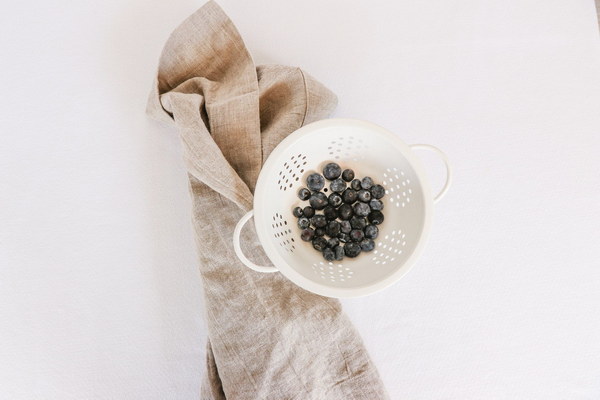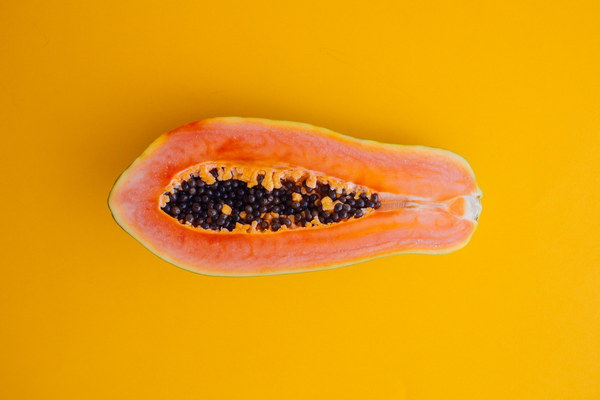Can Gout Sufferers Still Take Tonics Understanding Dietary Supplements and Gout Management
Can Gout Sufferers Still Take Tonics? Understanding Dietary Supplements and Gout Management
Gout, a form of arthritis characterized by sudden and severe attacks of pain, redness, and tenderness in the joints, is a condition that requires careful management. One common question among those affected by gout is whether they can still take tonics or dietary supplements. This article delves into the relationship between gout, tonics, and dietary supplements, offering insights into what gout sufferers can safely incorporate into their diet and what they should avoid.
What are Tonics?
Tonics are substances that are believed to have restorative or strengthening properties. They are often used in traditional medicine to boost the body's immune system, increase vitality, and enhance overall health. Tonics can come in various forms, including herbal teas, syrups, and powders, and they may contain a mix of herbs, vitamins, minerals, and other natural ingredients.
The Connection Between Gout and Tonics
Gout is primarily caused by high levels of uric acid in the blood, which leads to the formation of crystals in the joints. These crystals cause the characteristic symptoms of gout. While tonics themselves are not directly linked to the development of gout, certain ingredients found in tonics can either exacerbate the condition or interfere with gout treatments.
Ingredients to Avoid in Gout Sufferers
1. Alcohol: Alcohol is a well-known trigger for gout attacks, as it can increase uric acid levels in the blood.
2. Sugar: High-sugar foods and drinks can contribute to elevated uric acid levels, making sugar-laden tonics a potential no-go for gout sufferers.
3. High-Purine Foods: Some tonics may include ingredients that are high in purines, which are substances that break down into uric acid in the body. It's important to avoid these, especially during acute gout flares.
4. Nuts and Seeds: Certain nuts and seeds, such as almonds and sunflower seeds, are high in purines and should be avoided if they exacerbate symptoms.
5. Organ Meats: Liver, kidneys, and other organ meats are rich in purines and should be limited in the diet of those with gout.
Safe Tonics for Gout Sufferers
While some tonics may not be suitable for gout sufferers, there are options that can be safely consumed. These include:

1. Green Tea: Green tea is rich in antioxidants and has been shown to have anti-inflammatory properties. It's generally safe for gout patients.
2. Dandelion Tea: Dandelion is known for its diuretic properties, which can help in flushing out uric acid from the body.
3. Ginger Tea: Ginger has anti-inflammatory properties and can help reduce pain and swelling associated with gout.
4. Nettle Tea: Nettle tea is another diuretic and has been used traditionally to reduce uric acid levels.
Dietary Supplements and Gout
In addition to tonics, dietary supplements can also play a role in gout management. However, it's crucial to consult with a healthcare provider before starting any new supplement, as some can interact with medications or worsen gout symptoms.
1. Allopurinol: This medication is used to lower uric acid levels and is often prescribed for chronic gout.
2. Colchicine: Another medication used to treat gout, colchicine can help reduce the frequency and severity of gout attacks.
3. Vitamin C: Some research suggests that vitamin C can help lower uric acid levels and reduce the risk of gout attacks.
4. Magnesium: Magnesium has been shown to have a positive effect on uric acid levels, potentially benefiting gout patients.
Conclusion
While gout sufferers must be cautious about what they consume, there are still tonics and dietary supplements that can be safely included in their diet. It's essential to avoid ingredients that can exacerbate gout symptoms and to consult with a healthcare provider before starting any new supplement or tonic. By making informed choices, gout patients can effectively manage their condition and improve their overall well-being.









